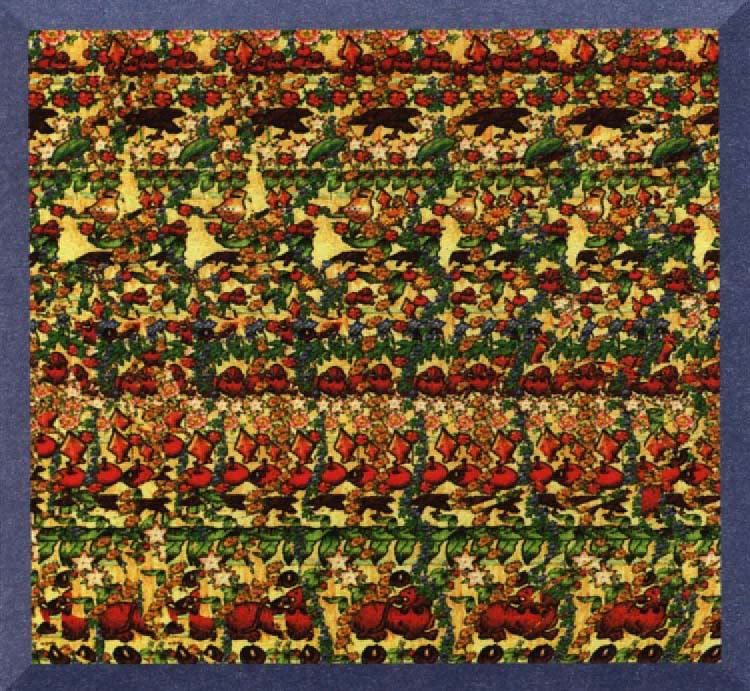Define speculation...
I used to be part of a religious movement in which "speculation" was strictly forbidden or frowned upon. Very often fellow devotees will tell you "don't speculate!" if you get a little too independent in your philosophical musings.
So when I left the movement, I really enjoyed speculation again (as I always did actually). In fact it helped sever the philosophical ties to the movement by being
openminded enough to discover all kinds of contradictions and falsehoods in their teachings.
Hard data, proven facts, conclusive evidence etc. are all very nice, but they are not always available. They might become available when you know what you're looking for though. Speculation might be the impetus to start looking for such data.
Take "The Cosmic Serpent" by Jeremy Narby for example. If you haven't, get it and read it. In the book he goes to the Amazon and then back to Europe again. While in Europe he speculates non-stop. And his speculations urge him to pay attention while talking with the scholars and literature he encounters in the following years. Narby described his own process of speculation as "defocalizing". Narby discovered many interesting things about anthropology, shamanism and DNA through that process. Sometimes you can only discover things by defocalizing, for example when watching one of those stereograms (3-dimensional images), which look like a blur of dots when you focus on the computer screen, but becomes a 3-dimensional image when you let go of your focus.
In DMT, The Spirit Molecule, Rick Strassman starts the book with his speculations and then continues with the different experiments he has conductecd on the basis of those speculations.
Terence McKenna is famous for his many speculations, always admitting and stressing that none of his ideas should be accepted as absolute truth. And I love him for it, because I've encountered enough arrogant fundamentalists in both the religious and nonreligious fields. To speculate, and admit that you're speculating, tells me you're a humble and honest human being trying to make sense of what's going on in the world, being aware that this world is indeed a very mysterious place and that not much can be said about it with absolute certainty.
When talking about the nature of the self, you will have to speculate to some extent, for we do not really know what the self is. I have various ideas about what the self could be. When I think about the world I have to take these different ideas about the self into account. I have many world views. Some I have abandoned in recent years, some are still waiting to be disproven or confirmed. It's an ongoing process.
I think speculation is an activity that continually takes place in an open mind. It's the closed minds (the fundamentalist religionists and materialists) that abhor speculation. Sure speculation never proves anything, but it's an essential element into devicing experiments; the experiments may then prove or disprove some of these theories.
